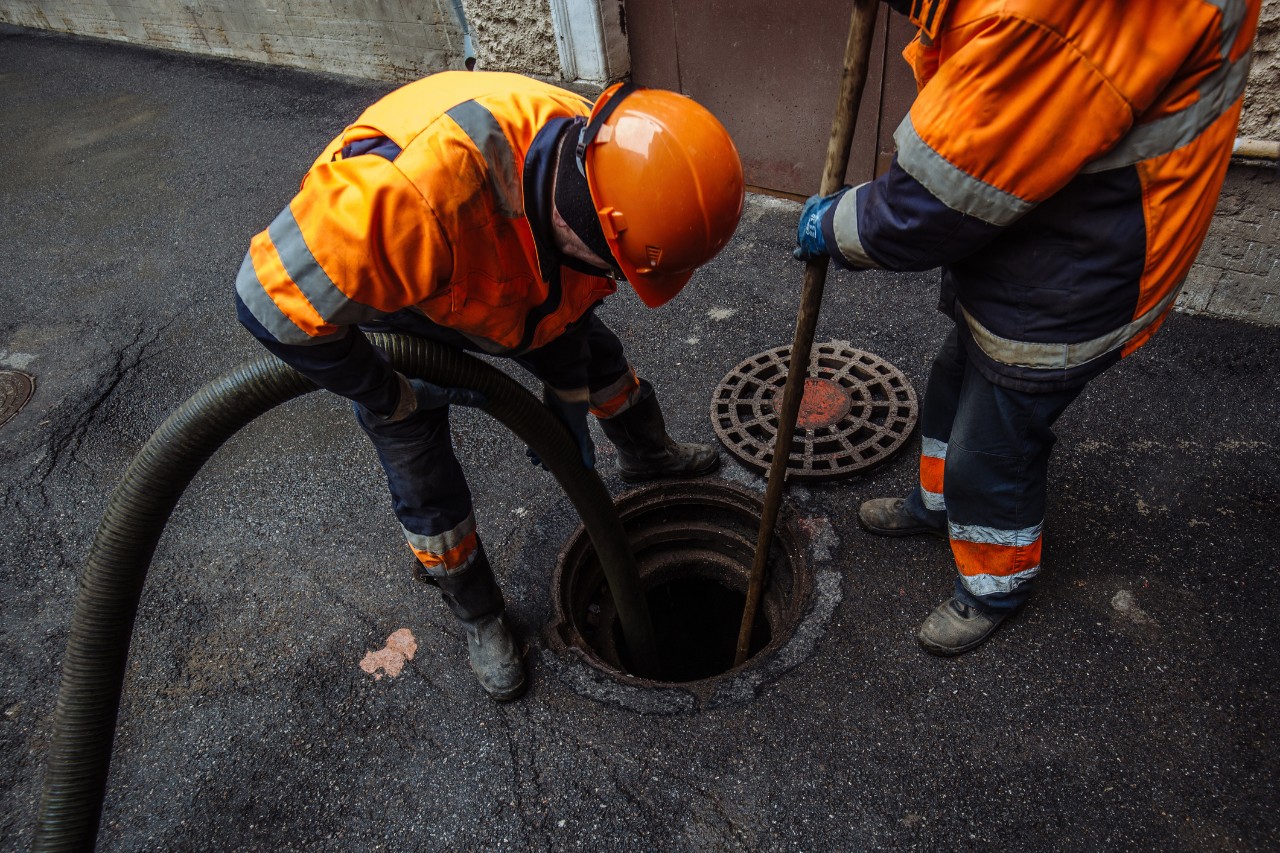
UC study says to ‘shake it off’ when faced with workplace stigma
Lindner researchers analyze the psychological effects of working a ‘dirty’ job
Safety+Health magazine highlighted research by Lindner College of Business doctoral candidates and faculty titled, “Shake it off: The role of self-consciousness in dictating whether dirty work reduces satisfaction through emotional exhaustion.”
Scott Dust, PhD, professor in the management department at the University of Cincinnati Carl H. Lindner College of Business, worked with doctoral candidates Sodiq Babatunde and Ben Fagan to analyze the impact of stress and stigma on well-being in jobs society considers "dirty," such as jobs in sanitation or corrections.
“Although easier said than done, those that don’t have a tendency to care what people say or think about them are much more resilient in being able to ‘shake it off’ and maintain levels of satisfaction with their work regardless of whether others consider it ‘dirty,’” said Dust.
Using the study's data, the workplace safety-focused publication explained what the benefits of reducing emotional exhaustion could be for both employers and employees. It also suggested providing organizational support and other initiatives at a management level.
These interventions “will help their workers reduce the emotional exhaustion or help them interpret their role in a way that says, ‘I’m valuable. What I’m doing is worth it and contributing to society,’” said Fagan.
Safety+Health even linked to the Taylor Swift song that inspired the study’s title to drive the thesis of the findings home: When society gives you grief, just ‘shake it off’ to fight burnout.
Read the Safety+Health article.
Featured image at top of sanitation workers over an open manhole. Photo/iStock/Vladimir Zapletin
Related Stories
Lindner graduate students shine in international simulation competition
November 10, 2025
Five master’s of information systems (MS IS) students took home fifth place out of 23 universities at the International ERPsim Competition hosted by HEC Montreal during the recent spring semester. The competition tests students’ knowledge of enterprise resource planning (ERP) software and their ability to adapt to challenging business problems.
Sugar overload killing hearts
November 10, 2025
Two in five people will be told they have diabetes during their lifetime. And people who have diabetes are twice as likely to develop heart disease. One of the deadliest dangers? Diabetic cardiomyopathy. But groundbreaking University of Cincinnati research hopes to stop and even reverse the damage before it’s too late.
Is going nuclear the solution to Ohio’s energy costs?
November 10, 2025
The Ohio Capital Journal recently reported that as energy prices continue to climb, economists are weighing the benefits of going nuclear to curb costs. The publication dove into a Scioto Analysis survey of 18 economists to weigh the pros and cons of nuclear energy. One economist featured was Iryna Topolyan, PhD, professor of economics at the Carl H. Lindner College of Business.
